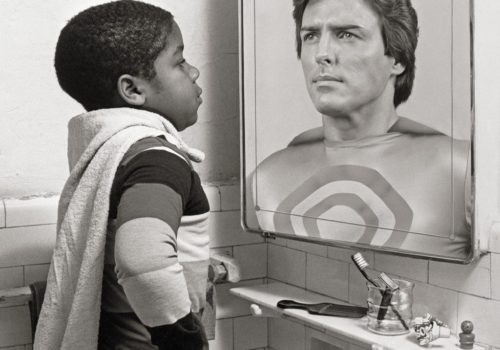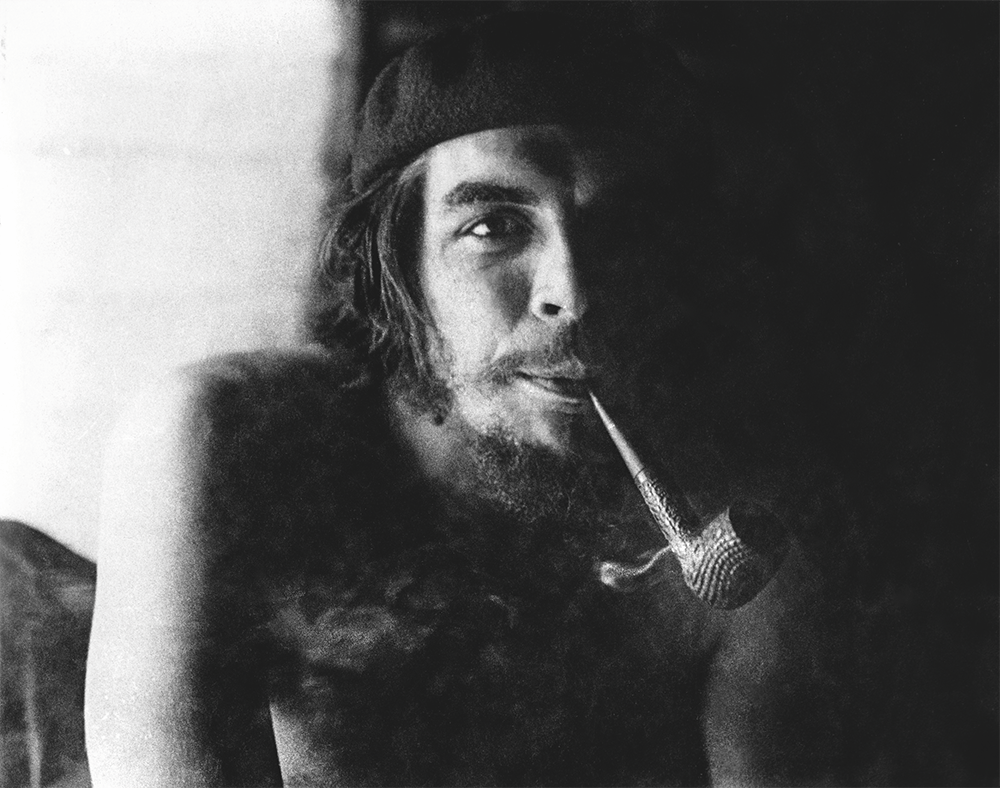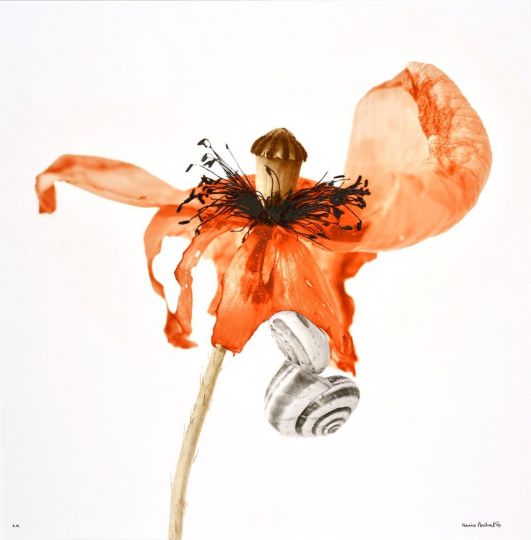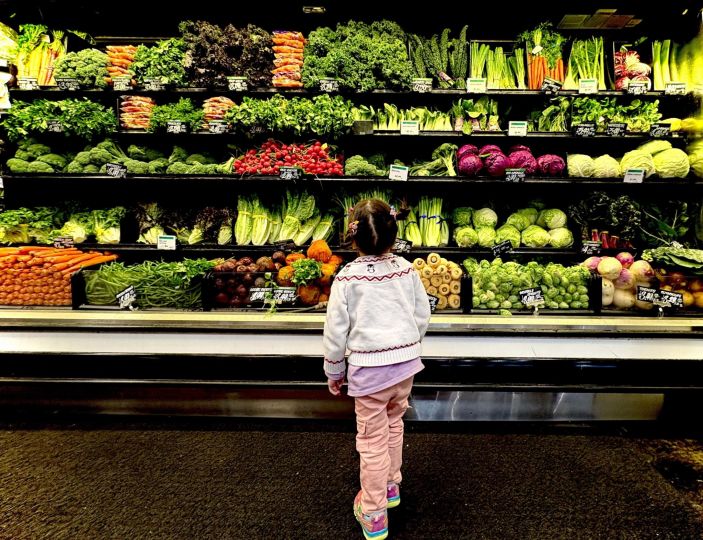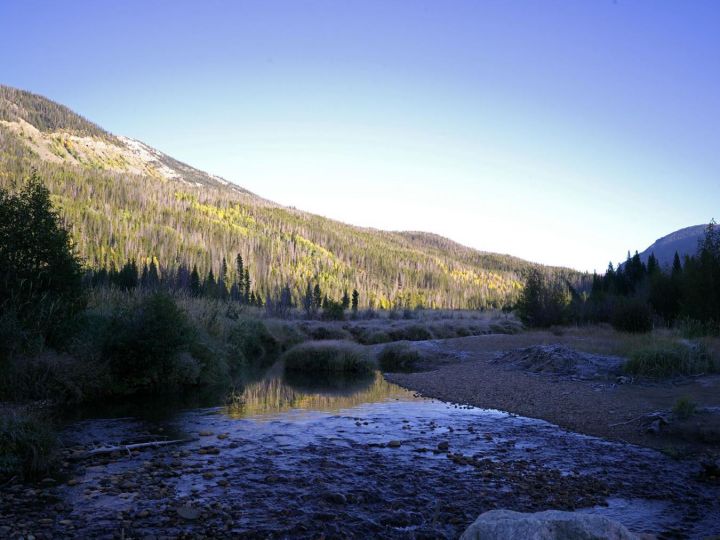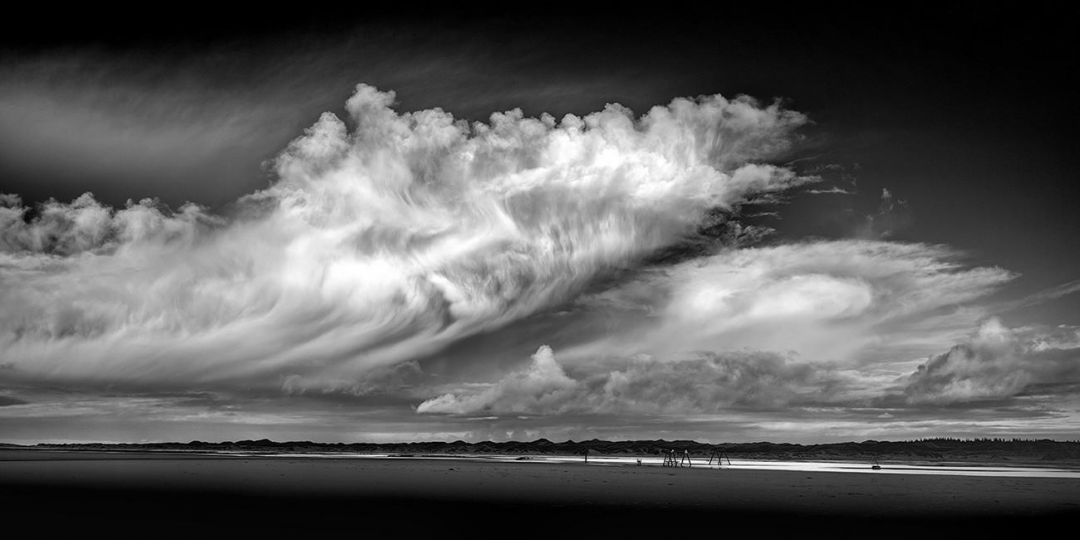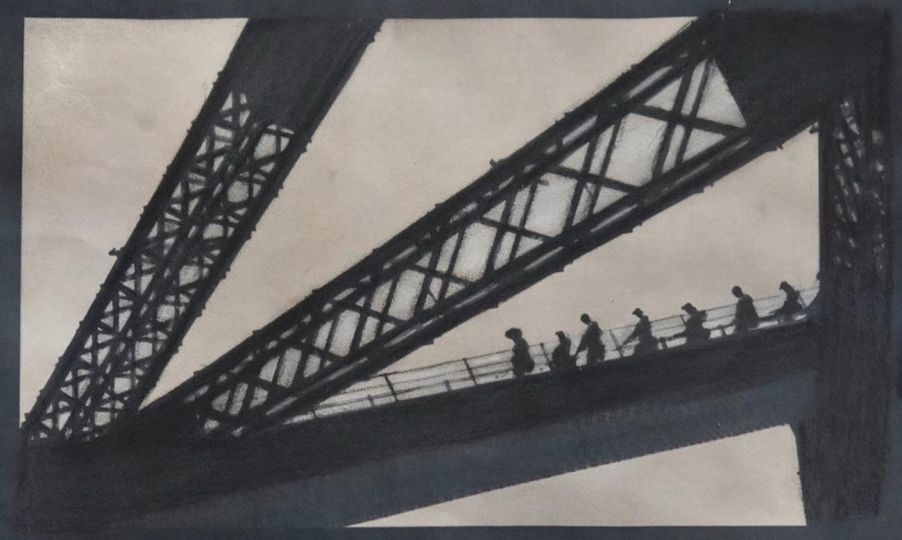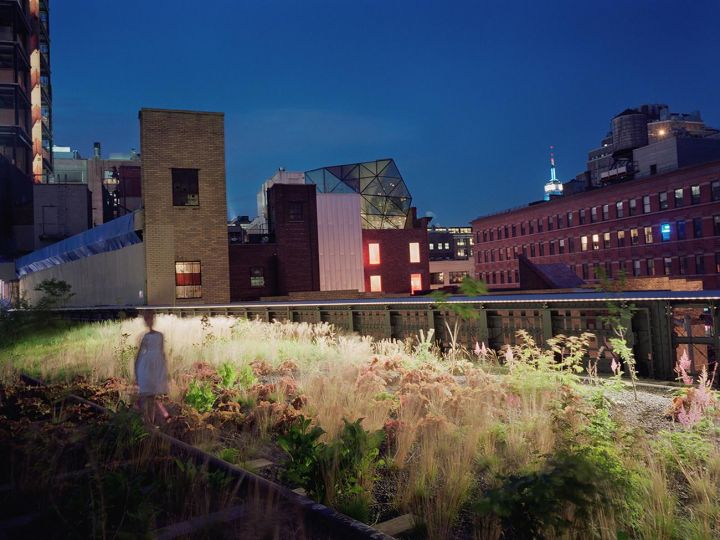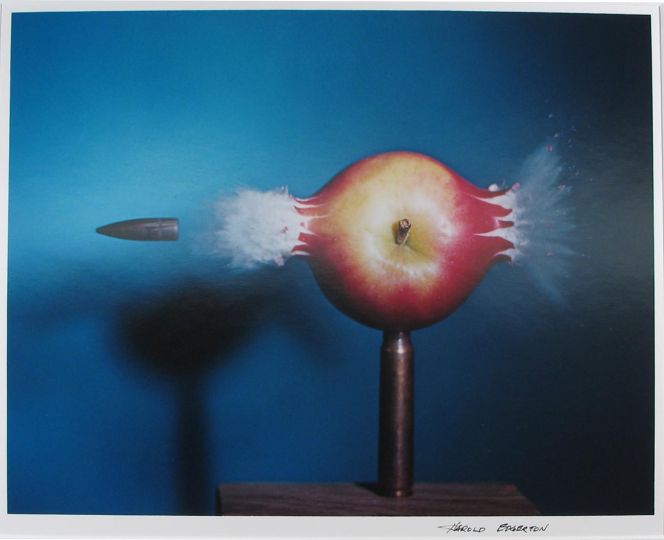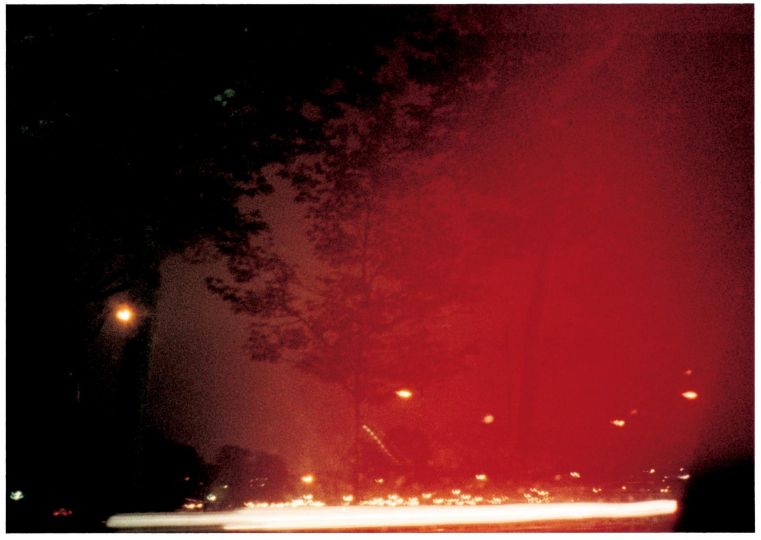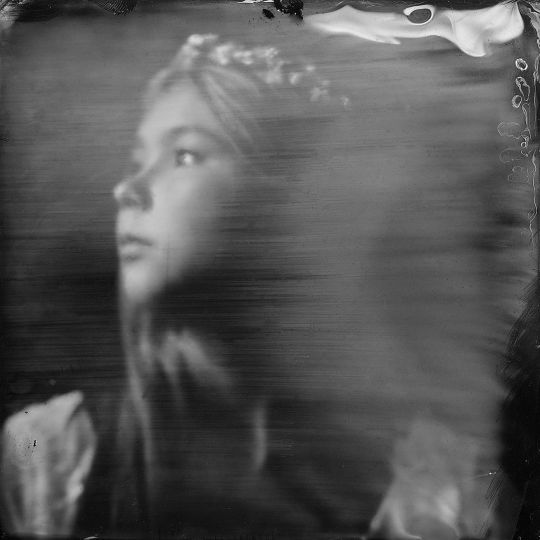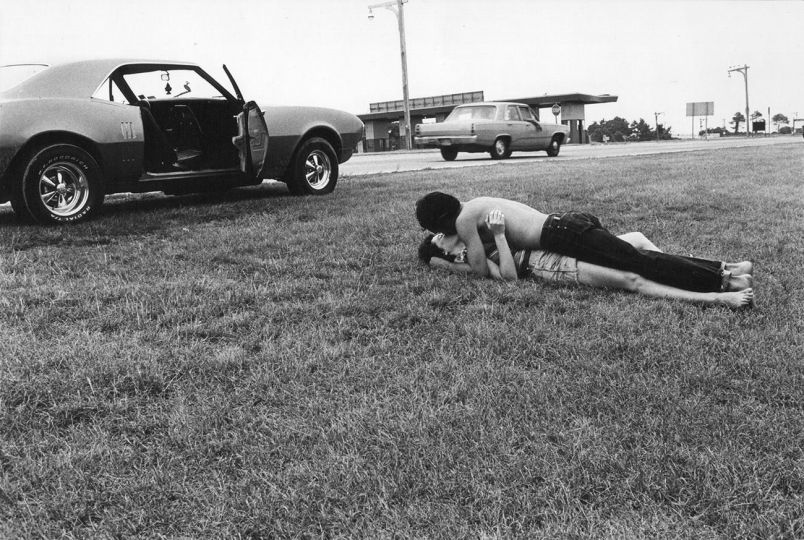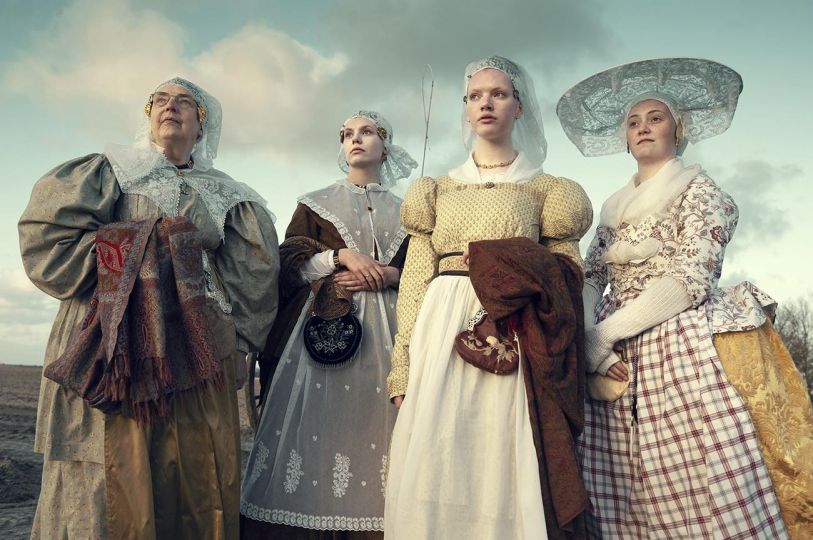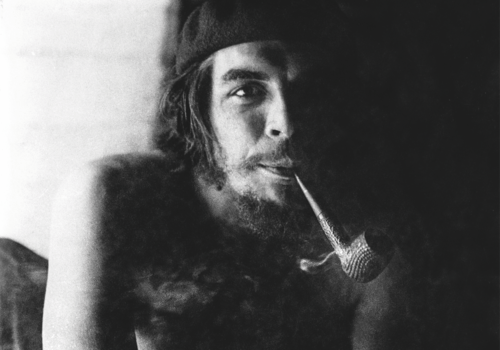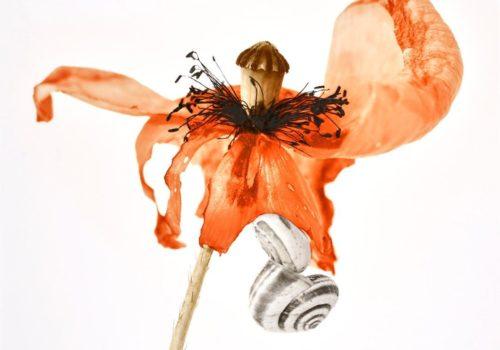On Thursday, February 24, the Aperture Foundation opened its doors and walls to the project For Freedoms. The project picks up where the exhibition Collective Thinking left off, bringing together artist and activist collectives from around the world in view of rethinking photography as a dialogic practice engaging with major issues affecting our world.
The Aperture Foundation has given For Freedoms free rein and has not intervened in the program. It is simply lending its walls! Each featured collective presents their work, and fills their allotted wall space as they see fit. This happy cacophony is in fact perfectly well tuned. Visitors stroll through the large rectangular hall, from one project to the next, while confronting topical issues: racial conflicts in the US, the immigrant crisis in the Middle East and Europe, gender and sexual minority rights, and climate change. All these complex, symbolically charged problems are tackled through images.
The collective Invisible Borders, led by Emeka Okereke, features works by Trans-African artists on the theme of borders and boundaries. The border is seen as a form of discrimination, constraint on freedom, and a tool of violent domination. The works on view offer a rich picture of young African photography, still little known, but increasingly in demand.
In a similar vein, the photographs of the Kamoinge collective, a group of African-American photographers founded in 1963, are striking by their gravity and poetry. The collective defines itself as the “first association of Black photographers,” and has contributed to modifying the perception of the question of race in the United States, while offering an intimate, and militant, image of the photographed subjects. Their selection is one of the best, and the photographs are the hand of passionate and seasoned artists.
Rawi(ya) has also brought a number of gems! The name of the collective is a contraction in Arabic, which literally means “a storyteller.” This is the African griot, the European raconteur, once thought of as someone who manipulates images to conjure up life stories and individual narratives. Like its counterparts, the (almost) exclusively female collective contributes to changing our perception of the Middle East. Because it documents everyday lives grappling with violence and war, it also manages to bring out moments of daily joy, hope for the future, or the simple beauty of the ravaged landscapes. Their photographs explore and undermine our preconceptions about this part of the world, going against the grain of the disturbing images which dominate the media. By undertaking poetic documentation of the world and all forms of life, these artists are a godsend to photography!
WRRQ, in turn, sees itself as a queer inter-community movement. The collective has put together a large number of documents, personal photographs, banners, and slogans in what seems like a cross-section of their actions, culminating in a screening of images representing their struggle to radically change American culture and combat latent misogyny, homophobia, and transphobia with artistic expressions of freedom.
Founded by Charles Fréger, the collective called Piece of Cake unites an exceptionally large group of photographers (from 14 different countries!), who come together once or twice a year and are in touch constantly. While their group project has no artistic pretensions, it nevertheless embodies the desire for art as dialog, which is at the heart of this exhibition. Piece of Cake is interested in issues involved in artistic production and debates around photographic media and formats.
The visit would be incomplete without EverydayClimateChange. Collected on Instagram, the images by different photographers working on every continent aim to document global warming through positive individual initiatives and indelible traces modifying the landscape. Once again, the images on view are stunning.
The brain of the project, For Freedoms, is itself a promising project. Run as a Super-PAC—or a political action committee raising funds to advocate for a candidate in US presidential elections without contributing directly—For Freedoms is seeking to raise money to introduce photography and art into public sphere by renting billboard space. By organizing the present exhibition, the group demonstrates their desire for dialog while at the same time promoting their goals.
This quick overview of the different collectives can’t replace the pleasure of a visual, as well as intellectual, experience of the exhibition. For Freedoms and all the collectives have done a superb job. We discover a wide variety of works manifesting a panoply of life experiences and expressions of political resistance through art and exchange.
The exhibition extends beyond the walls of the Aperture Foundation with discussions, workshops, and forums running through International Women’s Day on March 8. Similar to recent exhibitions at the ICP and the New Museum, the Aperture Foundation strives to redefine cultural events as political moments. Social issues and global problems, artistic visions and citizenship perspectives, as well as simple records of the struggle are just some of the themes that have lately inspired diverse admirable exhibitions.
Arthur Dayras
Arthur Dayras is a writer specializing in photography. He lives and works in New York, USA.
Collective Thinking, For Freedoms
February 22 – March 09, 2017
Aperture Foundation
4th Floor, 547 W 27th St
New York, NY 10001
USA

